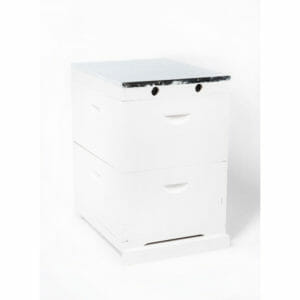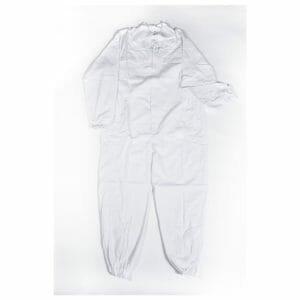Are neonicotinoids slowing killing bees?
Earlier this month the UK Government re-iterated its position on use of neonicotinoids. Research has shown that use of these pesticides may be bad for bee health. Going a step further than other EU countries, the UK has refused to grant exemptions to the ban. Meanwhile farmers argue that the use of neonicotinoids increases their competitiveness.
So, are these chemicals killing bees? Of course direct exposure to any pesticide is lethal, and farmers are wary of this. The continued concern is about the effects of exposure to smaller, “sub-lethal” amounts. But the truth is that bee die-off and colony collapse is a more complicated story than we usually hear.
Colony Collapse Disorder (CCD) was first described after several cases in the USA in 2006. Beekeepers expect losses in individual bee numbers over winter months, but they were experiencing much higher losses than usual. However, according to the American Council on Science and Health, “….That problem, which showed up most dramatically in California, abated by 2011.” (Source – AgDaily). In fact, although declines in the USA and parts of Europe, managed honeybee populations worldwide have actually been on the rise.
Research shows that there is not one unique causes attributed to bee die-offs overseas. Diseases such those spread by Varrora mites seem to play a more primary role. But media coverage has continued to drive “Bee apocolypse” hysteria that singles out neonicotinoids. That’s not to say that bees aren’t in trouble, or that we can ignore the less obvious impacts of neonics on bees.
Beekeepers can take measures to rebuild their honeybee populations, but no one likes to see a lot of sick or dead bees. And then there are native bees, who must fend for themselves. Professor David Goulson is researching these impacts in declining UK bumblebee populations. Aside from being part of native ecosystems, agriculture needs these wild bees too. As David told the BCC “wild bees help pollinate crops that honeybees aren’t so good at – like pumpkins, cherries, blueberries, and cranberries… rough figures from the UK estimate that wild bees actually pollinate MORE crops than farmed bees…”
Australian industry is beginning to explore Australian native bees as alternative pollinators. And if Varrora establishes itself here, these native bees may even be immune. None-the-less, Australian agriculture (and honey production!) cannot operate without healthy, well-managed European Honeybee hives. Neonicotinoid pesticide use continues in Australia, but our Varrora-free bee populations remain healthy. Let’s hope that the picture becomes clearer with continued research, for the sake of our vibrant beekeeping industry and our native pollinators.





